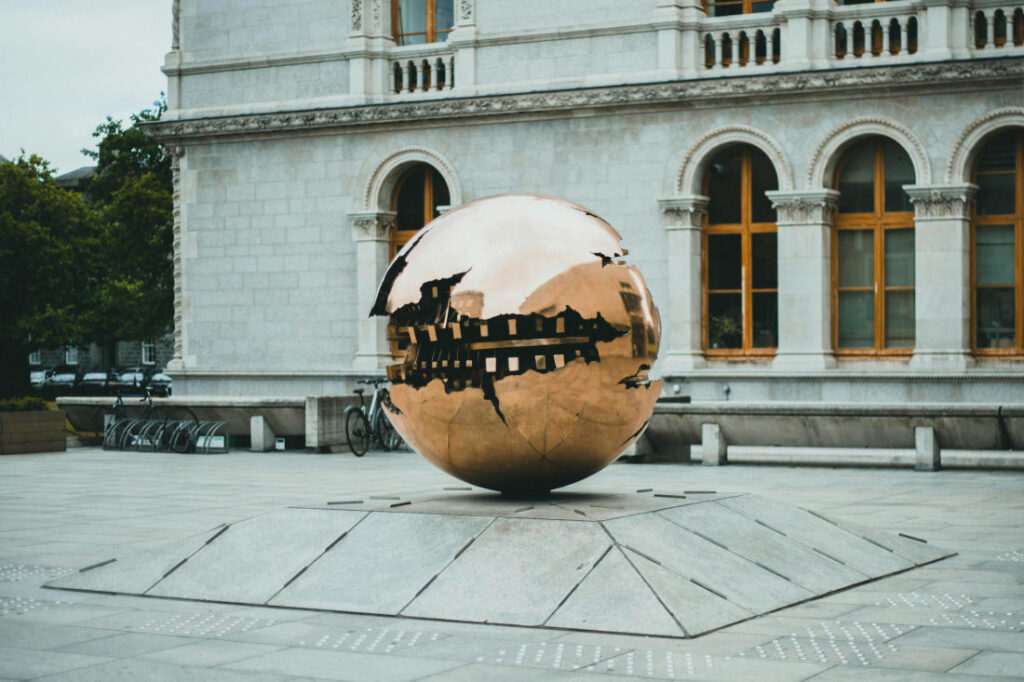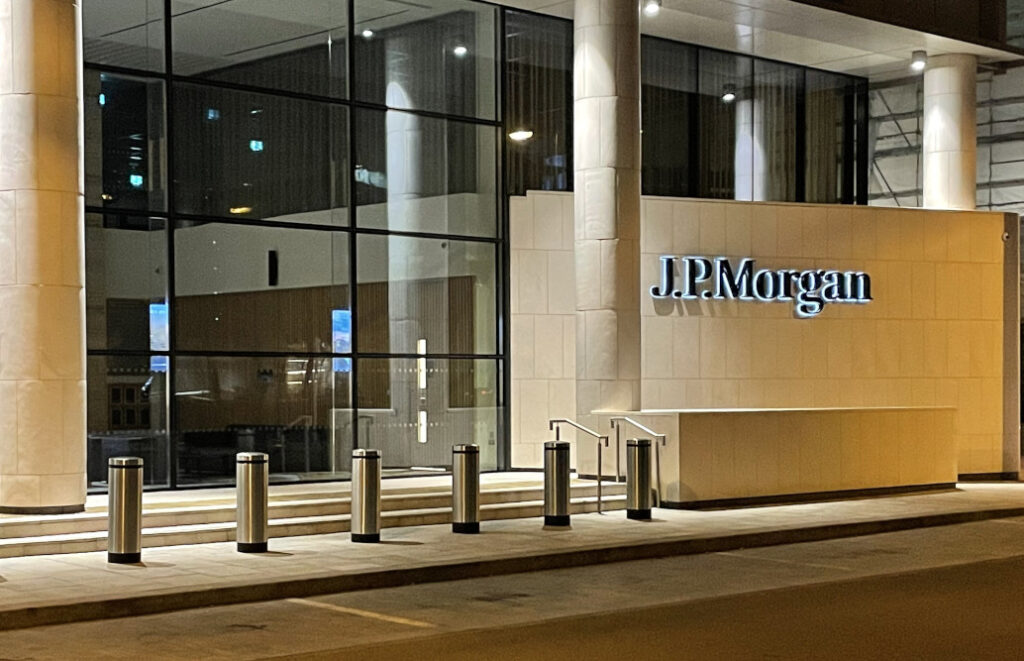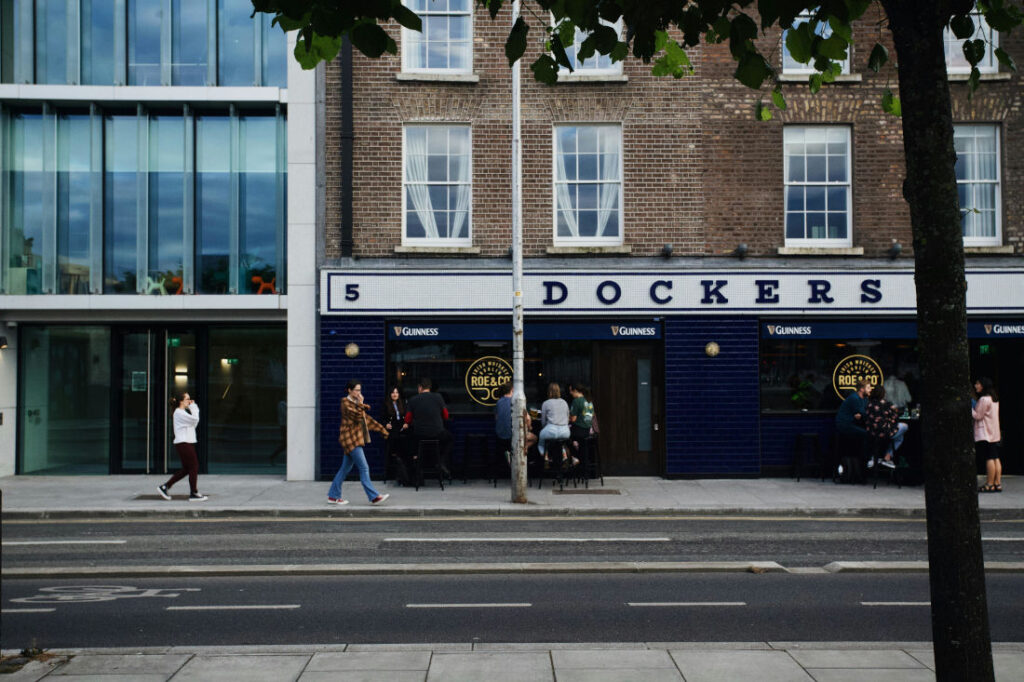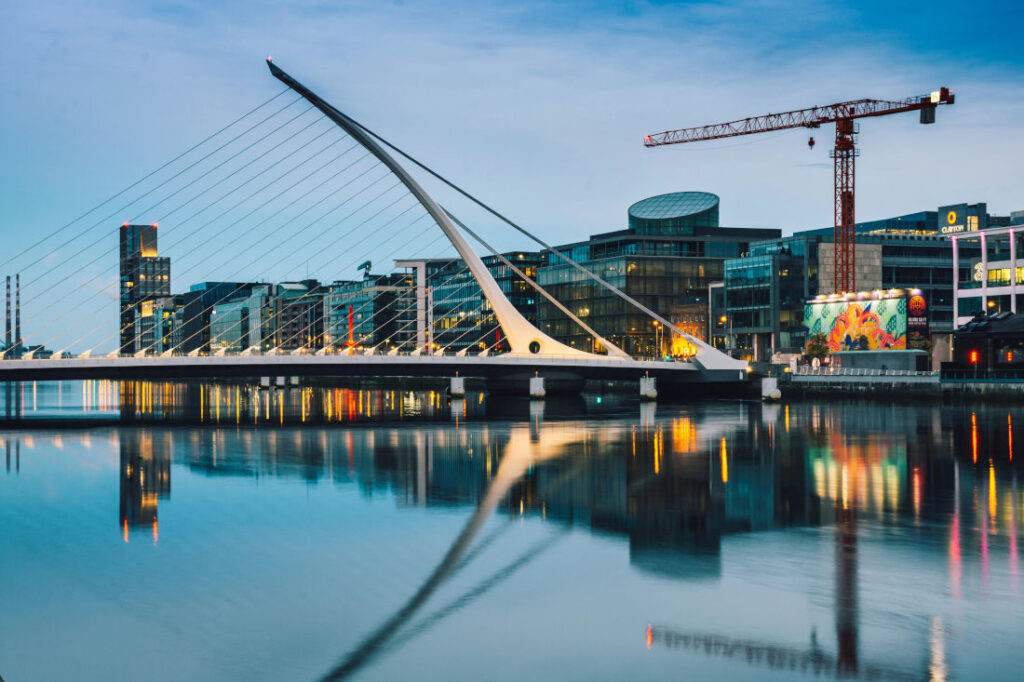Ever wondered why Dublin is often called “Little New York”? This vibrant capital of Ireland has undergone a remarkable transformation in recent decades, becoming one of the most exciting places in Europe. Once known primarily for its rich history, literary giants, and lively pub culture, Dublin has emerged as a global tech hub and a magnet for international businesses. Let’s explore the Dublin phenomenon and discover what makes this Irish city so special in today’s global landscape.
The Rise of Dublin as a Tech Hub

Dublin’s journey to becoming Europe’s Silicon Valley began in the 1990s when Ireland implemented business-friendly policies to attract foreign investment. The low corporate tax rate, coupled with a well-educated, English-speaking workforce, made Dublin an attractive destination for tech giants.
Today, Dublin hosts the European headquarters of numerous tech behemoths, including Google, Facebook, LinkedIn, Microsoft, and Amazon. These companies have established significant operations in Dublin, creating thousands of high-paying jobs and contributing to the city’s economic boom.
Why Dublin Attracts Global Companies
Dublin’s appeal to global companies stems from several key factors:
- Favorable Business Environment: Ireland’s 12.5% corporate tax rate is one of the lowest in Europe.
- Talented Workforce: A young, highly educated population with strong skills in tech-related fields.
- Strategic Location: As an English-speaking country within the EU, Ireland offers easy access to European markets.
- Quality of Life: Dublin combines urban amenities with proximity to beautiful natural landscapes.
- Supportive Government Policies: Initiatives to attract foreign investment and support business growth.
These factors, combined with Dublin’s vibrant culture and innovation-friendly atmosphere, make it a prime destination for global companies looking to expand their presence in Europe.
The “Little New York” Phenomenon
Dublin’s nickname as the “Little New York” stems from its rapid growth, multicultural workforce, and bustling urban atmosphere. Like its American counterpart, Dublin has become a melting pot of cultures, ideas, and innovations. The city’s streets are now filled with a mix of languages and cuisines, reflecting its international workforce.
A thriving startup scene has developed, reminiscent of New York’s entrepreneurial spirit. Hubs like the Digital Hub and Dogpatch Labs have become incubators for innovative startups, fostering a culture of creativity and collaboration similar to New York’s Silicon Alley.
Rapid growth has led to significant urban renewal projects, transforming Dublin’s skyline. The Docklands area, once a neglected part of the city, has been revitalized into a modern business district, drawing comparisons to New York’s Hudson Yards development.
Beyond Tech: Dublin’s Broader Appeal
While the tech sector dominates headlines, Dublin’s appeal extends beyond IT. The city has become a major center for financial services, hosting numerous international banks and insurance companies. The International Financial Services Centre (IFSC) in the Docklands area has played a pivotal role in establishing Dublin as a global financial hub. Major banks like J.P. Morgan, Goldman Sachs, and Bank of America Merrill Lynch have significant operations in the city.

Several global pharmaceutical companies have significant operations in Dublin, contributing to Ireland’s status as one of the world’s largest exporters of pharmaceuticals. Companies like Pfizer and Allergan have substantial presences in the city.
Additionally, Dublin’s rich history and culture continue to attract millions of visitors annually, contributing to a diverse economy. The tourism sector, with attractions like the Guinness Storehouse and Trinity College, coexists with the modern tech industry, creating a unique urban tapestry.
Daily Life in Dublin’s Tech Scene
The influx of tech companies has significantly impacted daily life in Dublin. The city’s coffee shops are often filled with tech workers huddled over laptops, while after-work drinks in trendy bars have become a staple of the tech community’s social life.

Networking events, hackathons, and tech conferences are regular occurrences, fostering a vibrant community of professionals and entrepreneurs. Events like the Dublin Tech Summit and Web Summit (before its move to Lisbon) have put Dublin on the global tech events map.
The city’s universities, particularly Trinity College Dublin and University College Dublin, have strengthened their tech and entrepreneurship programs, creating a pipeline of talent for the growing industry. Many students now view working for a major tech company or launching a startup as viable career paths.
Challenges and Future Outlook
Dublin’s rapid growth hasn’t been without challenges. The city faces issues such as:
- Housing shortages and high rents
- Increasing cost of living
- Infrastructure strain
- Balancing growth with preserving cultural heritage
The housing crisis, in particular, has been a significant concern. The influx of high-earning tech workers has contributed to rising rents, making affordable housing a challenge for many residents.
However, the government and private sector are working on solutions, including new housing developments and infrastructure improvements. Projects like the Dublin MetroLink aim to enhance public transportation, while initiatives to increase housing supply are being prioritized.
Dublin vs. Other European Tech Hubs
While Dublin has established itself as a major tech hub, it faces competition from other European cities like London, Berlin, and Amsterdam. Each city has its unique strengths: London’s financial sector, Berlin’s startup scene, and Amsterdam’s work-life balance.
Dublin differentiates itself through its combination of a business-friendly environment, strong talent pool, and quality of life. The city’s ability to attract and retain major tech companies, despite fierce competition, is a testament to its unique value proposition.
The Future of Dublin

As Dublin looks to the future, it aims to balance its rapid growth with maintaining the charm and character that make it uniquely Irish. The city is investing in sustainable development and smart city technologies, positioning itself as a leader in urban innovation.
From its bustling tech campuses to its historic streets, Dublin truly embodies the spirit of a modern, global city while retaining its distinct Irish heritage. Whether you’re coding the next big app or enjoying a pint of Guinness in a centuries-old pub, Dublin offers a unique experience that combines the best of both worlds.
As Dublin continues to evolve, it remains a city of contrasts – where ancient history meets cutting-edge technology, and traditional Irish hospitality blends with global business practices. This unique combination ensures that Dublin will continue to be a fascinating and dynamic place for both residents and visitors in the years to come.
Conclusion
Dublin’s transformation into a global tech hub and its nickname as the “Little New York” reflect its remarkable economic and cultural evolution. While challenges remain, the city’s blend of business-friendly policies, talented workforce, and vibrant culture continue to attract companies and individuals from around the world. As Dublin navigates its future, it stands as a testament to how a city can embrace global trends while maintaining its unique identity.
